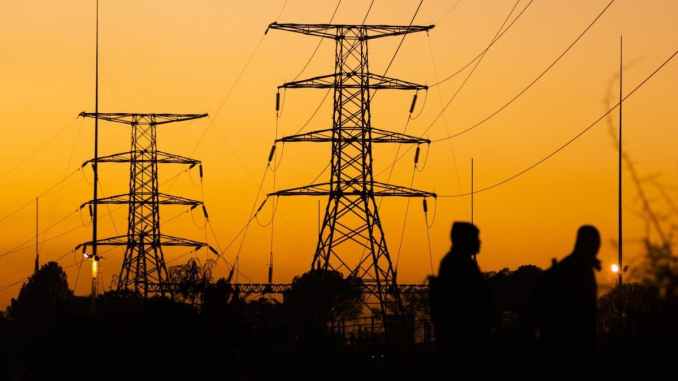After facing weeks of protests, threats of strikes, and backlash from various workers unions, the Ghanaian government has decided to reverse its decision to impose a 15% Value Added Tax (VAT) on non-lifeline consumers of electricity at the residential level.
The proposed tax was expected to raise electricity bills by up to 21%, incorporating the standard 15% VAT alongside implicit taxes like the 2.5% GETFund Levy, 1% Covid-19 Levy, and an additional 2.5% National Health Insurance Levy.
During the peak of the COVID-19 pandemic, the government provided free water and electricity to lifeline consumers and subsidized 50% of bills for those outside the lifeline bracket, costing approximately $100 million. However, less than a year after this assistance ended in 2021, the Akufo-Addo administration faced economic challenges, leading to a historic economic crisis and requiring a $3 billion IMF program to stabilize the economy.
In a bid to restructure the energy sector and address debt burdens while ensuring a consistent power supply for industries, the government introduced measures, including quarterly tariff increments in 2023. This was followed by the imposition of a 1% Covid-19 Recovery Levy on the supply of goods and services.
Looking forward to 2024, the government proposed 12 new tax reforms to the IMF as part of its medium-term revenue mobilization strategy, including the imposition of a 15% VAT on power consumption, with the expectation of generating about $1.2 billion if these measures are successfully implemented this year.
It is worth noting that the Ghanaian energy sector carries an annual debt of about $1 billion, with half of it attributed to excess capacity charges. The implementation of a 15% VAT on electricity consumption could potentially lead to a decline in power consumption, prompting consumers to be more diligent about reducing their bills through energy conservation.
The Vice President Bawumia has promised to explore alternative measures to potentially abolish controversial tax measures, including the electronic transaction levy, gambling tax, and the 15% VAT on power consumption by 2025.
While the government has announced the suspension of the VAT implementation pending discussions with stakeholders, it cannot unilaterally eliminate the tax. Bilateral negotiations with the IMF are necessary for a complete removal of the proposed up to 21% VAT on residential power consumption. This is crucial for securing the Fund’s approval, as the government must present an alternative revenue measure aligning with its $3 billion IMF program revenue target for 2024 and beyond.
Ghana continues to navigate its fiscal policies and taxation in pursuit of economic stabilization and growth.

